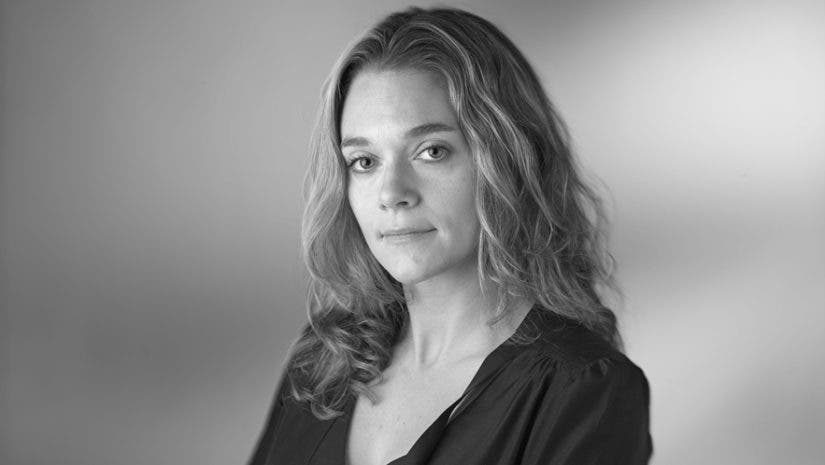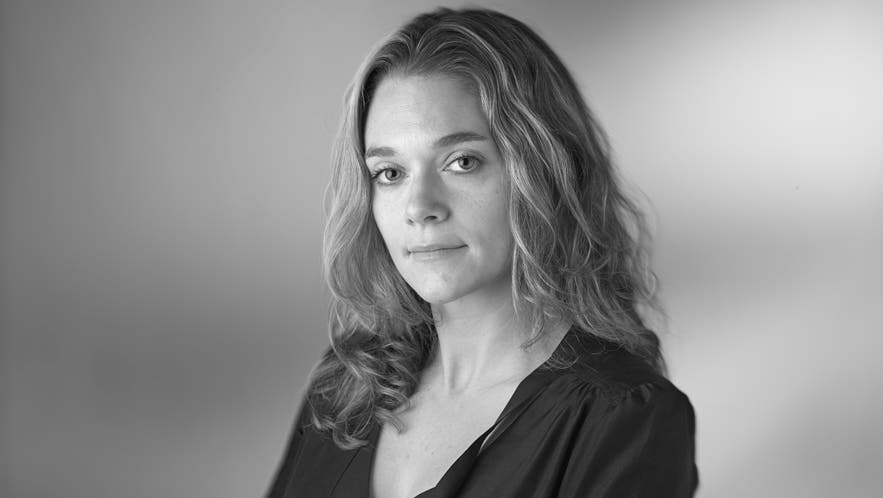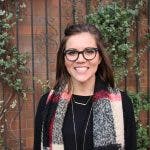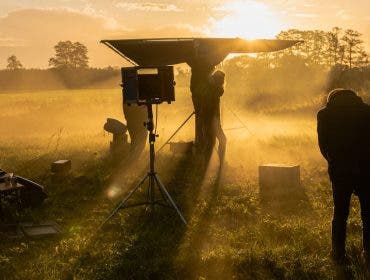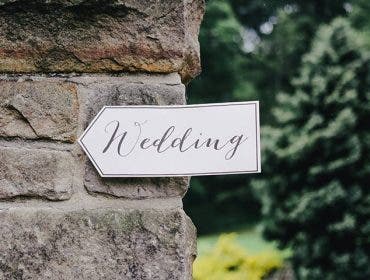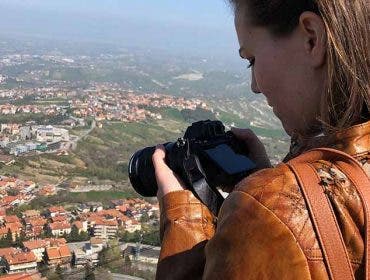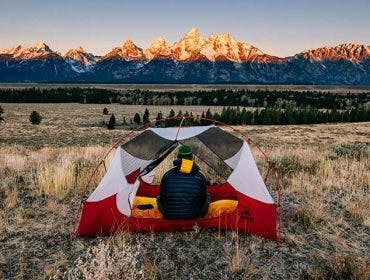It’s no surprise photographer Erika Larsen was selected to spearhead National Geographic’s new groundbreaking book, Women: The National Geographic Image Collection. From documenting Sàmi reindeer herders in the Scandinavian Arctic to photographing the strong horse culture among Native Americans, Larsen immerses readers in faraway cultures through her renowned visual storytelling. For National Geographic’s new collection — a photography book celebrating revolutionary women — Larsen took on another milestone assignment: documenting the world’s leading female visionaries like Jane Goodall and Oprah Winfrey.
We sat down with Larsen for a behind-the-scenes look at this project, along with background on how she got started.
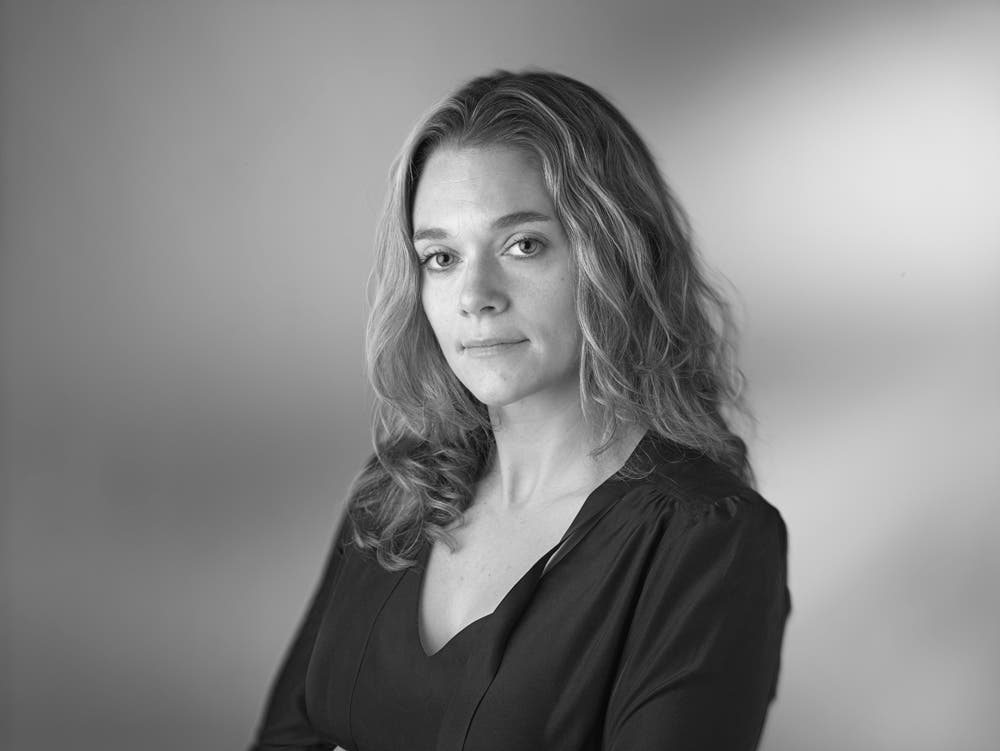
While every photographer has a unique story about the moment they fell in love with the craft, Larsen’s is by far one of the coolest.
“My father was one of the designers on the Hubble [Space Telescope]; he would bring home early photographs, and I remember being astonished that I could hold a photograph of these planets that at one time seemed so far away,” she says. “The ability to do this felt like some kind of magic, that we can hold something so far away so close, so that kind of sealed the deal for me. I wanted to explore that.”
Strongly moved by the Hubble images, Larsen — a high schooler at the time — signed up for weekend photography classes to dabble further into her passion. She strategically picked a technical university to hone her photography skills, and become a storyteller in the process.
“I went to a technical university, Rochester Institute of Technology, to study photography, and I never veered from that,” she says. “The path became clear. I structured learning the technical side so that allowed me the freedom to become a creative person, and to follow my path and my journey.”
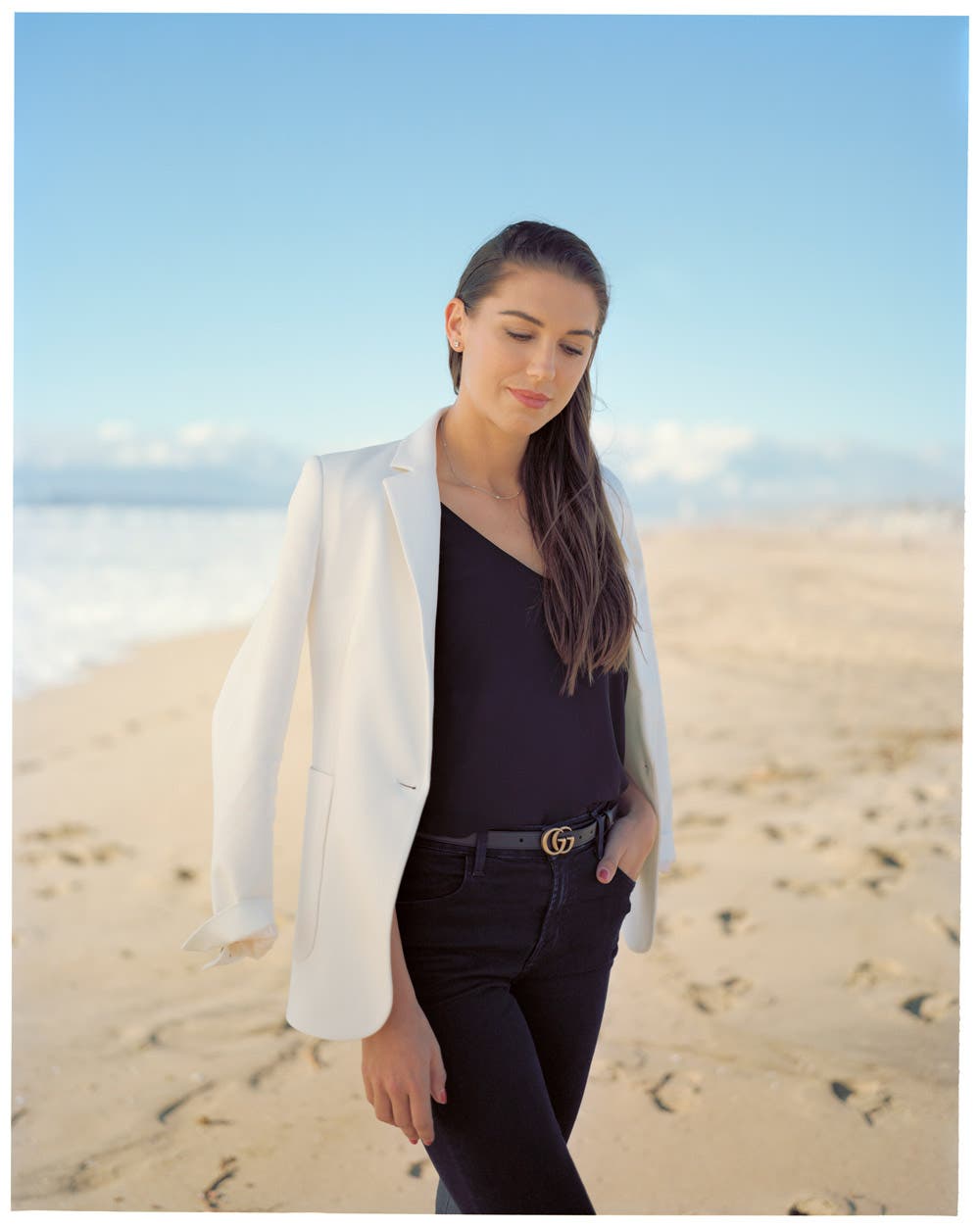
Degree in hand, Larsen moved to New York City to pursue work as a photographer’s assistant, followed by roles in editorial magazine photography covering human interest stories. She may have found her calling, but she quickly realized this approach was moving her away from her ultimate goals. “I was just going away all the time, with two-day trips here or three-day trips there,” she adds. “I was getting burnt out.”
Larsen decided it was time to pivot her career and focus on her own passion projects. One of Larsen’s specific interest areas, hunting, took her on the trip of a lifetime to the Scandinavian Arctic. This four-year project also led to her first National Geographic assignment.
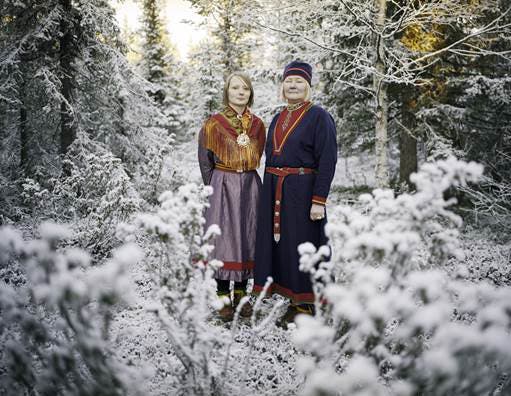
“There’s a group called the Sàmi who are indigenous to Europe. About 10 percent of them are reindeer herders, and this was the population I was interested in because of their ancestral roots tied to the Arctic landscape and animal husbandry,” she says. “My thesis was looking at how these people function in a sort of modern society. I wasn’t looking to make a journalistic story about them. I was going there to learn, and that’s what I did. I ultimately gave up my apartment in New York and made a big jump to move there. I still had my connections in New York and my agent, so I was little by little putting my work out there. About my third year there, National Geographic reached out to me. Apparently the [National Geographic] editor had been following it.”
This interest and dedication led to her first feature in 2010; she became a regular contributor to National Geographic — not to mention a widely acclaimed photographer — after. This is one of many reasons Larsen was selected to spearhead photography for Women: The National Geographic Image Collection. This book, timed to the 100th anniversary of women’s suffrage, features 450 photographs from National Geographic’s Image Collection. These images span three centuries and 30 countries, illustrating how the depiction of women has evolved since the magazine’s founding in 1888.
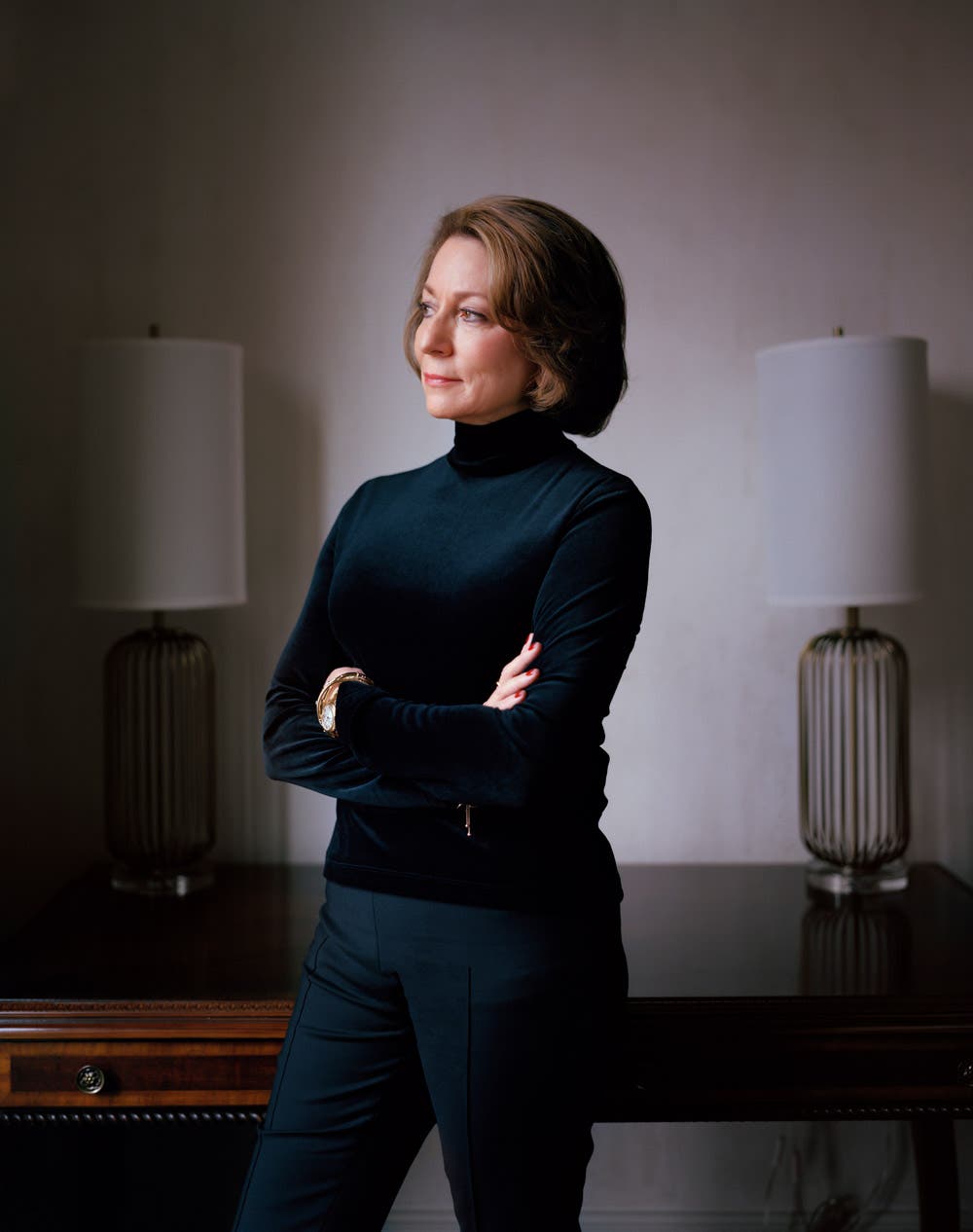
Larsen’s role in Women was any photographer’s dream:
“I went for a five-month period of time and photographed 21 women changing the 21st century,” she said. “This included Tarana Burke, Alicia Garza, Jane Goodall, Oprah, and the prime minister of New Zealand.” National Geographic’s first female editor-in-chief, Susan Goldberg, posed 11 questions to this group of renowned activists, making this moving collection of visuals so much more than a coffee-table decoration.
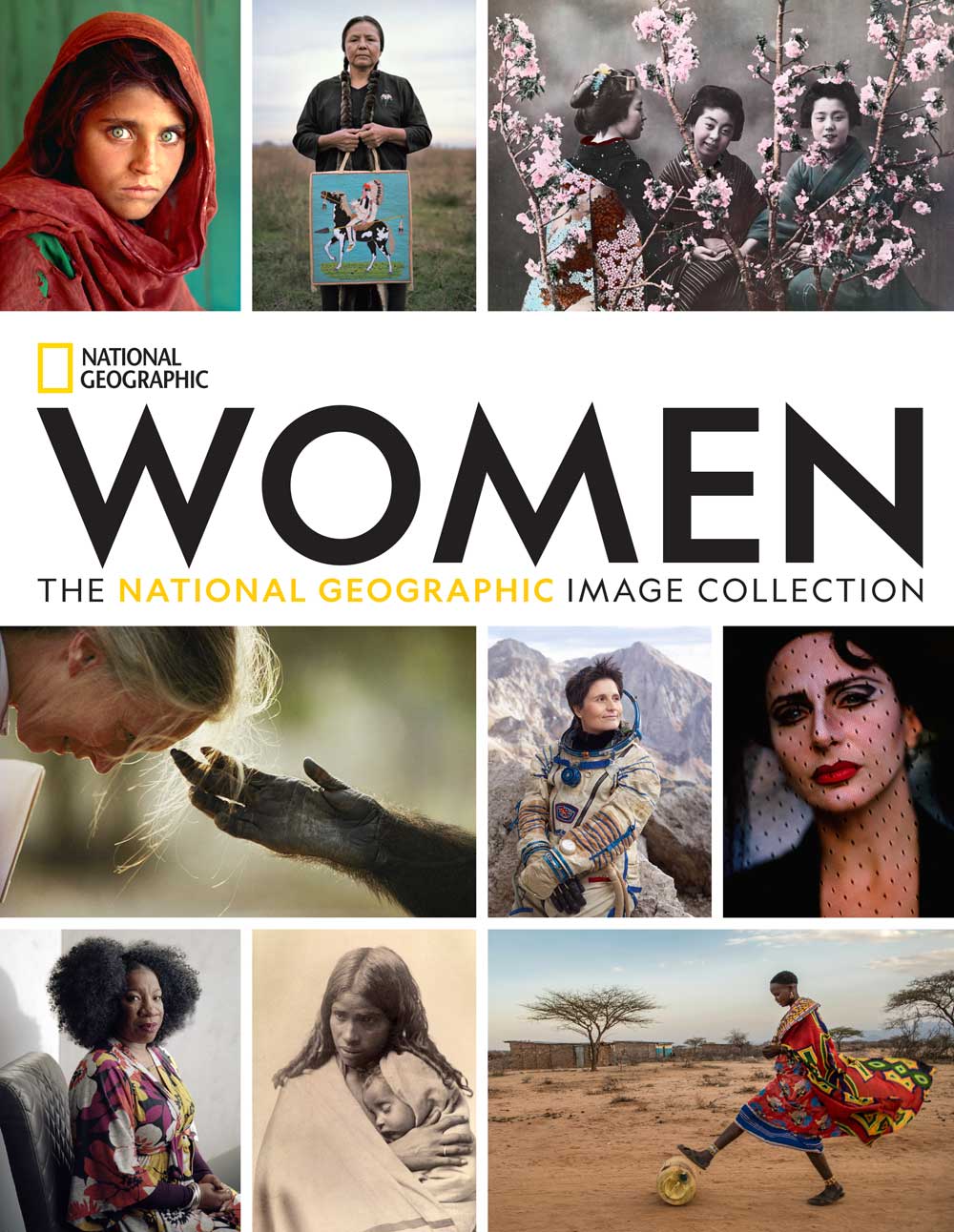
Larsen’s level of work requires a top-notch photography kit; here’s what she uses regularly for assignments:
“I have three cameras: I use a Wista camera with a wide angle lens, a Fuji GFX50 with two lenses, the 32-64mm and the 100mm lenses, and the Canon Mark IV,” she said. “I also love the Tenba backpack. It’s the one backpack that fits my frame. I can carry my gear but it doesn’t completely overpower me.”
“It’s an absolute conversation with the person I’m photographing. We are creating an image together.” — Larsen
While many see a tripod as just another piece of a larger kit, it’s essential to every single photograph Larsen takes — and not for the steadying reason you might expect.
“It really slows things down and there’s something deliberate about it,” she said. “People are very aware of who I am and what I’m doing within that moment. With time, people forget you’re there, but I’m never trying to hide the fact I’m taking a picture. It’s an absolute conversation with the person I’m photographing. We are creating an image together.”
Learn more about Erika on Instagram @erikalarsen888 and admire her work in Women: The National Geographic Image Collection. For more inspiring photographer stories, check out our profile of National Geographic photographer Annie Griffiths.
